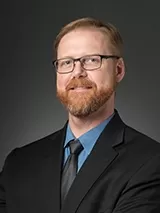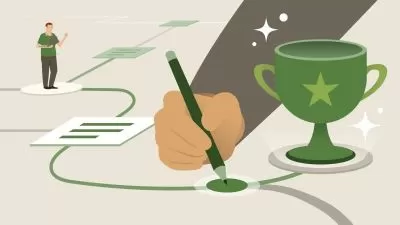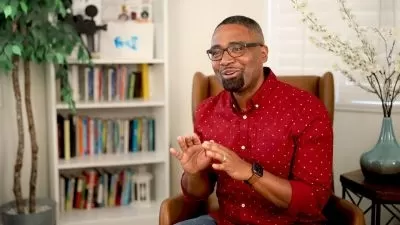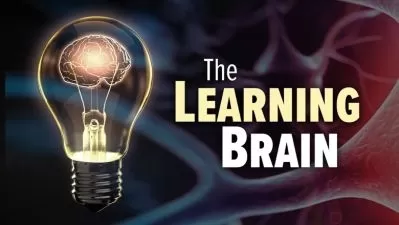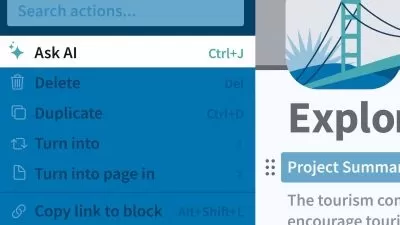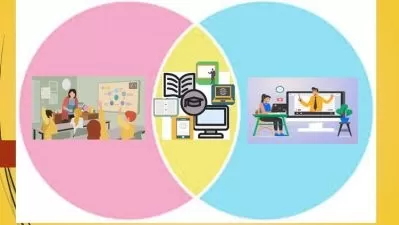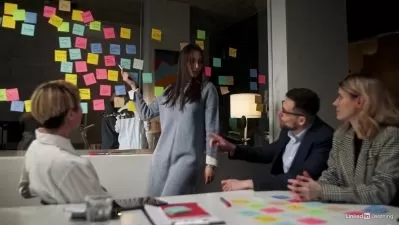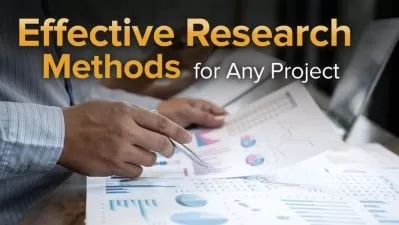How the World Learns: Comparative Educational Systems
Alexander W. Wiseman
12:21:17
Description
The idea that everybody deserves a chance is at the heart of Horace Mann’s revolutionary belief that education is “the great equalizer.” U.S. schools—and national education systems around the world—today reflect the ideals that Mann was among the first to promote, including universal enrollment, compulsory attendance, and public funding.
Mann’s blueprint for mass education in America has since been followed across the globe—yet international student assessments show that achievement among countries varies sharply, with the United States and much of Europe typically scoring average, at best. Furthermore, educators, business leaders, and government officials cite a growing disconnect between what schools teach and the needs of a rapidly changing market.
This state of affairs has sparked anxieties about an educational crisis, yet the problem, if there is one, is highly complex. The key to making sense of this disparity and “fixing” education lies in taking a meaningful look at what’s happening internationally. Seeing what education looks like in other countries and contexts—how the model America innovated has been adapted and implemented elsewhere—helps us understand how other systems create success. Go on an educational trek around the world to better understand how other countries approach the same challenges we face, and grasp how culture and context shape local circumstances. For example:
- In Japan, students remain in the same classroom all day, working in groups, while the teachers move around from class to class. Japanese schooling is characterized by strong institutional ties between schools and employers.
- Finland does not have a formal evaluation process for teachers, merit pay, census-based standardized tests, or ranking of schools. Finnish teachers do have relative professional autonomy, competitive salaries, and less classroom time, with more time for reflection and preparation. From preschool through university, education is free of charge.
- Indonesia is in the process of moving approximately five million secondary school children into vocational-education programs to help them prepare for jobs that government leaders hope will grow their economy.
- Poland improved its average performance on international tests by targeting competency development, focusing particularly on girls and on the lowest-performing students.
- Saudi Arabia mandates a religious curricular requirement, while China includes moral education as a required part of the curriculum.
In How the World Learns: Comparative Educational Systems, you’ll delve deeply into each of these cultures and more, led by Alexander W. Wiseman, Associate Professor of Comparative and International Education at Lehigh University. In each of these 24 thought-provoking lectures, you’ll engage in a detailed comparison of teaching methods and student achievement in both primary and secondary schools, from the focus on STEM instruction and the intent of morals education to the role of preschool and the importance of creativity. You’ll discover why Finland and South Korea consistently rank as the two best educational systems despite having diametrically opposed approaches, and consider the unique cultural challenges facing schools from America to South Africa. As you embark on this educational odyssey around the world, you’ll examine schools as close as Tulsa, Oklahoma and as far-flung as Ghana, Japan, and Myanmar. You may be surprised to learn that for all their differences, approaches to teaching don’t vary as widely as one might expect.
With Professor Wiseman’s guidance, you’ll use internationally comparative data to identify strengths and weaknesses and to see how this information is used—and sometimes misused—to enact policies that shape what happens in classrooms. The data and systems are not studied in a vacuum, however. Instead, you’ll explore how cultural, religious, socioeconomic, and historical contexts may influence these methods, and whether one nation’s best practice could backfire in another.
The Big Three: Singapore, South Korea, and Finland
Singapore, South Korea, and Finland have each become famous for their educational systems, which policymakers, educational reformers, and media worldwide applaud. Intriguingly, Finland and South Korea have very different takes on schooling: Finnish children spend about the least amount of time in school and enjoy a relaxed atmosphere, while South Korean students endure long days and rigid pedagogical methods. All three systems, however, focus students on fewer topics more deeply, rather than skimming through many topics superficially.
How the World Learns analyzes these characteristics and the contexts in which they operate, and presents examples of attempts to replicate the success of Finland elsewhere—as in Abu Dhabi, where education officials imported 50 Finnish teachers to establish Finnish-style primary schools.
You’ll also gain insight into other highly ranked countries such as China and Japan, which use high-stakes testing to create a culture of fact-based achievement, yet produce students who struggle with unscripted problems and solutions.
Study the Role of Teachers and Schools Around the Globe
Along the way, you’ll contemplate a number of important questions about the goals of education and the ways teachers may help students reach them:
- Are teachers responsible for academic content only, or are they also caregivers and counselors?
- Is low student performance the fault of teachers?
- Which is more important: gaining knowledge or learning new skills?
- Is standardized testing the best way to measure what a person knows or is capable of?
- Is the point of school to prepare kids for college or for a job?
- Should there be a strong socialization component to school, with the goal of creating better citizens?
These lectures examine the topic of education in a multifaceted way, from the degree to which a country’s teachers regularly collaborate to parental involvement’s impact on achievement. As you investigate gender equity across cultures, you’ll consider the gender-segregated schools of Saudi Arabia, which are being embraced as a new way to create access and opportunity for girls where none may have previously existed.
The complex subject of technology in the developing world is viewed through an unflinching lens, with realistic discussion of its sustainability. The news is not all bad on this front, however, as you’ll witness in a remarkable story of children in an impoverished area of New Delhi who taught themselves to use a computer.
While this is an inquiry into schools the world over, this course also devotes significant attention to education in America. Yet rather than looking at the U.S. system as a monolith, it’s examined for what it truly is: an enormous entity comprised of 50 individual states with widely different educational systems, from the conservative to the experimental.
Learn from a Teacher Who’s Been There
Far from an ivory-tower academic, Professor Wiseman brings real-world classroom experience to this endeavor. Having been a teacher in America and Japan—where he taught English using Beatles lyrics—his practical understanding of the shared experience of teachers and his deep knowledge of international educational systems come across in every lecture.
Educators in particular will appreciate the professor’s ability to balance optimism with pragmatism. He makes clear that there is no magic bullet when it comes to education, and what works in one country may not be realistic for another.
How the World Learns goes beyond the rhetoric of crisis and prescriptions for quick fixes to reveal the fullest picture possible of the practices that produce results (or don’t), the external factors over which schools have little control, and the potential for success.
More details
User Reviews
Rating
Alexander W. Wiseman
Instructor's CoursesProfessor Alexander W. Wiseman is an Associate Professor of Comparative and International Education at Lehigh University in Pennsylvania. He received his Ph.D. in both Comparative and International Education and Educational Theory and Policy from The Pennsylvania State University.
Dr. Wiseman has more than 19 years of professional experience, working worldwide with government education departments, university-based teacher education programs, and community-based professional development programs for teachers. He also has been a classroom teacher in both the United States and East Asia, and he currently serves as a frequent strategic planning and development consultant for ministries of education and national education organizations worldwide. He is a co-chair of the Committee on International Accreditation for the Council for the Accreditation of Educator Preparation.
Professor Wiseman is the author of many research-to-practice articles and books. Recent articles have appeared in Compare: A Journal of Comparative and International Education; Prospects: Quarterly Review of Comparative Education; American Behavioral Scientist; Computers & Education; and Research in Comparative and International Education. In addition, Professor Wiseman serves as the series editor for the International Perspectives on Education and Society volume series and as the chief editor of the Annual Review of Comparative and International Education volume. He also is the senior editor of the peer-reviewed journal FIRE: Forum for International Research in Education.

The Great Courses
View courses The Great Courses- language english
- Training sessions 24
- duration 12:21:17
- English subtitles has
- Release Date 2023/06/06





